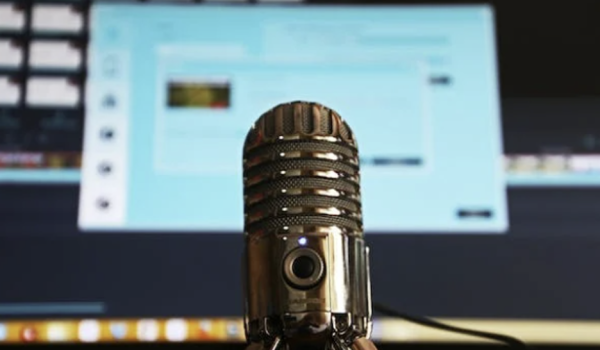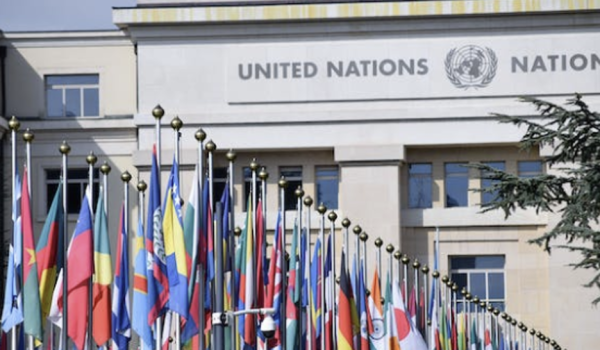The youngest continent in the world today is Africa, and it could be the home to one billion young people by 2050. However, all countries on the African continent face the rather frightening fact that it is estimated that one third of their youth population will not have the opportunity to finish at least a basic secondary education.
Education in South Africa
This situation is somewhat alarming, and multiple organizations and institutions are working to ensure a brighter future for African young people, so let’s look at the example of South Africa and see what the main causes of this issue in education are and how it can be resolved.
Living in today’s society, one often comes across articles, research reports, and lectures on education, education systems, and how to improve them.
The educational systems that are still used in most African countries are often criticized for being outdated and for not providing the needed practical knowledge while delivering a lot of theoretical knowledge that most pupils will never use.
On the other hand, one must note that talk about reforming the educational systems has been around for decades even in western countries, and yet whenever a significant attempt has been made to change the systems the effort to reform has been shot down at the speed of light.
We should be well aware that this is an issue that almost all countries in the world face today.
In South Africa, most students are learning by using the same curriculum that has been around for the last 100 years.
It may be too much to ask for a completely new educational system, but it is possible to fine tune the current system so that it meets the needs of both students and employers.
Introducing new practical subjects into the school room could be very beneficial and useful in tackling the country’s enormous problem with unemployed youth.
Young adults in South Africa – whether we are talking about Millennials, Gen Zs or even younger people – deserve the chance to get the knowledge and skills they need to enter the industries they want in the manner that they want – as employees or as young entrepreneurs.
But in order to do so, education needs to be first of all available for everyone, it has to be free, and it needs to be relevant and usable.
The government of South Africa has clearly demonstrated that they see and acknowledge that young people need to be provided with better opportunities, as they stated in National Youth Policy 2015-2020, where one of the four primary objectives is “to strengthen the capacity of young people to enable them to take charge of their own well-being through building their assets and ultimately realizing their potential to the fullest.”
The Government itself cannot resolve this issue in a fast and efficient manner, but luckily there are multiple examples of NGOs and charity organizations that are working with children and students in South Africa on different educational programs.
One of those efforts is called the Youpsa program, and it has been a huge success. This program was founded by Ray Schöne and Alexis Salaman in 2015.
Their team runs youth and teacher empowerment programs, leadership and team building, and literacy and community gardening programs in East Cape.
Other examples include the South African Youth Education for Sustainability (SAYes) Trust that was founded in 2008 by Gillian Anderson and Michelle Potter, which aims to provide support and guidance for young people living in Children’s Homes in South Africa.
The poor educational system in South Africa was noted decades ago, and both government and NGOs are working on resolving this issue.
With the help of foreign investors and major charity organizations, the youth of South Africa might beat the odds and introduce a new age of prosperity to the country and the continent as well.
Youth is the future, and as Malcom X said, “Education is the passport to the future, for tomorrow belongs to those who prepare for it today.“
Photo: Shutterstock
Read more here.
Support us!
All your donations will be used to pay the magazine’s journalists and to support the ongoing costs of maintaining the site.
Share this post
Interested in co-operating with us?
We are open to co-operation from writers and businesses alike. You can reach us on our email at [email protected]/[email protected] and we will get back to you as quick as we can.









